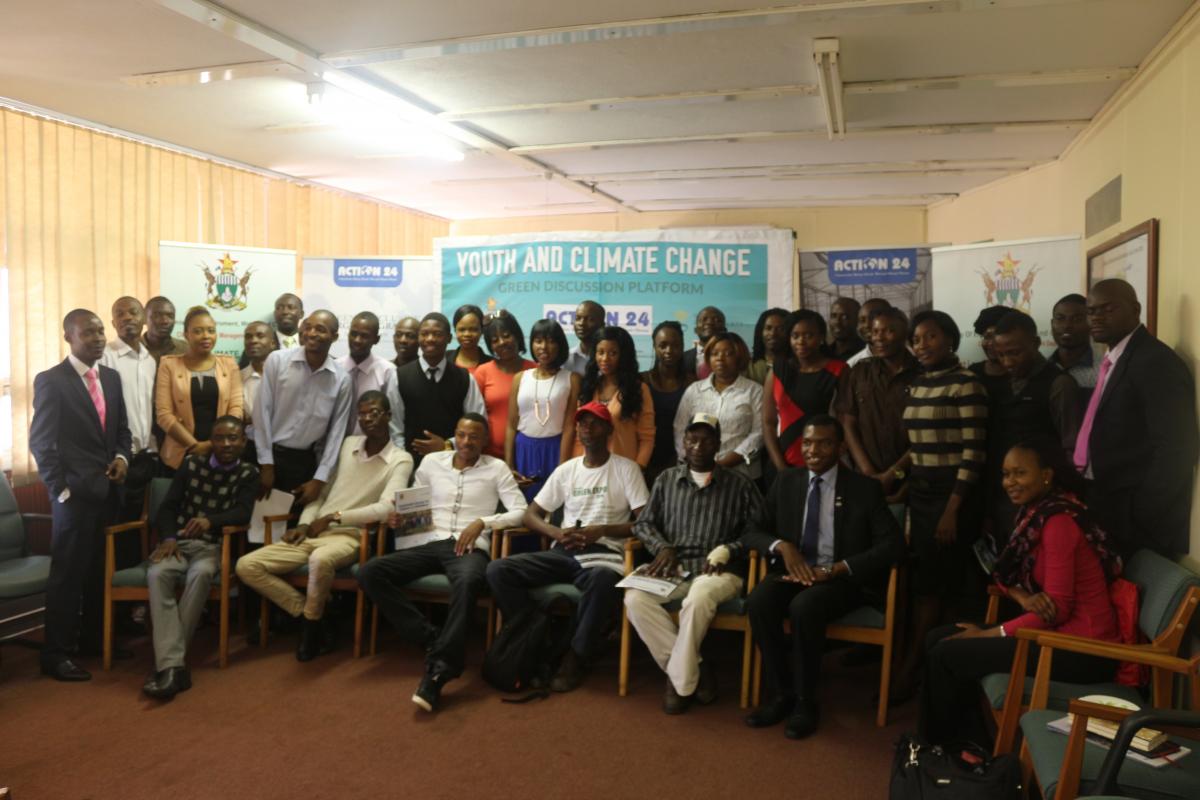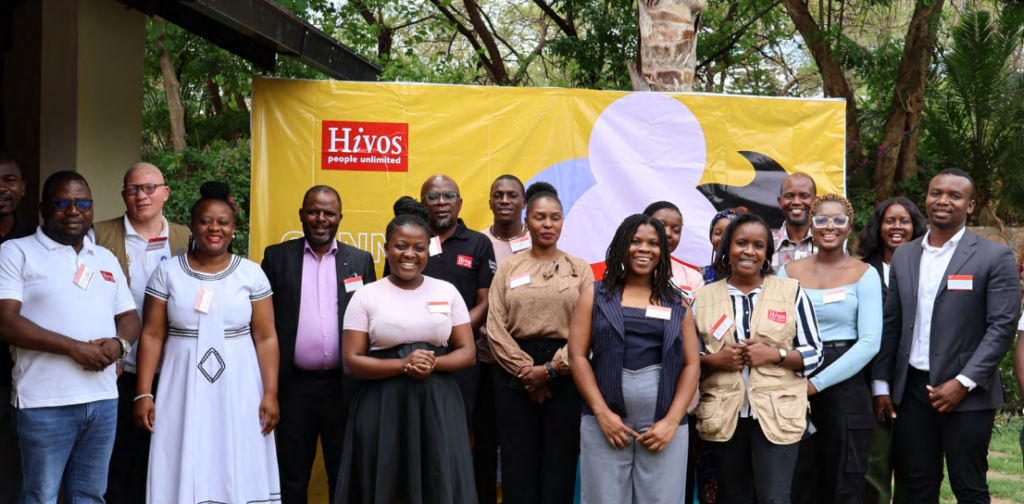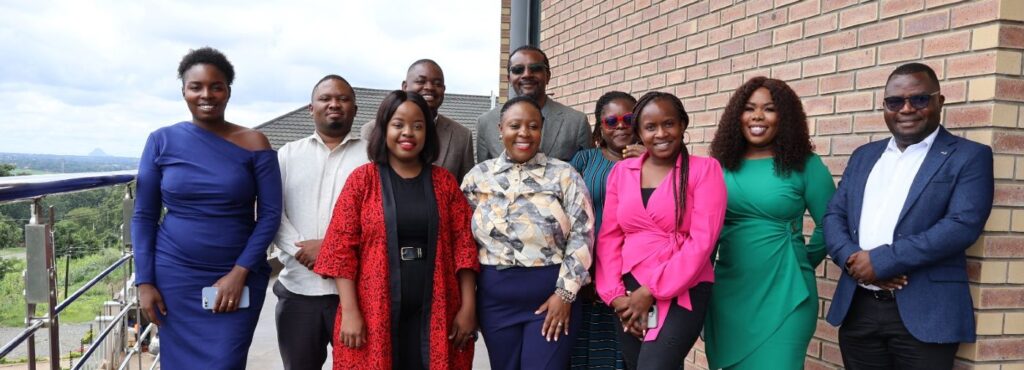Action 24, a Hivos Southern Africa partner under the Green and Inclusive Energy (GIE) programme, launched the Green Discussions Forum in Harare, Zimbabwe. The Green Discussions Forum is targeted at stimulating young people in Zimbabwe to actively take part in promoting the green agenda in Zimbabwe. Action 24 seeks to empower young people on issues related to climate change, environment and renewable energy.
The Green Discussions Forum is premised on the idea that unleashing young people’s creativity and innovation is key to the uptake of renewable energy.
“Green Discussions Forum is a friendly platform to discuss solar, wind, and micro hydro electricity, home energy efficiency, solar heating, green building materials and home design among other things,” said Archie Chemhere, CEO of Action 24.
“The discussion platform offers an opportunity for youth to meet and dialogue with energy experts and enthusiasts from the private sector, media, government and CSOs.
The ultimate goal of the monthly discussions is to influence policies to promote active youth participation in leading and living sustainable green lifestyles.
Taking advantage of increased internet connectivity in Zimbabwe, Action 24 will also host the discussions online at www.action24regional.org/greendiscussions.
“As Hivos, we are keen to see more young people getting involved in the green and inclusive energy agenda because young people represent the future. We need young people to take an interest in renewable energy issues,” said Masimba Biriwasha, Communications Officer at Hivos Southern Africa.
Other partners in the GIE programme include Development Reality Institute, Zimbabwe Women Resource Centre and Network and Media Institute of Southern Africa.
The Green and Inclusive Energy is a five-year strategic partnership with the Dutch government, launched at the beginning of 2016 to help influence the uptake of renewable energy.
The Green and Inclusive Energy partnership focuses on lobby and advocacy that will influence the public and political debate on energy, with the ultimate aim of transitioning toward greener and more inclusive energy systems. Only when renewable energy becomes more available and widespread will the energy needs of women and men for their daily activities, livelihoods, education and health be met, thus also creating economic opportunities and growth whilst mitigating climate change.
The programme’s nucleus is built on cooperation with and capacity strengthening of national civil society to effectively advocate in favour of green and inclusive policies. It will link and influence the energy policies at international, regional and national level.
Its strong focus on lobby seeks to influence ‘citizen agency’ and public debate to help push the transition from centralised energy production based on fossil fuels towards more decentralised and inclusive energy systems in which citizens take central stage.
The inclusive component of the partnership is geared toward improving family health, food supplies and income, and increasing opportunities for women that will allow them greater and more productive participation in politics, society and the economy.




